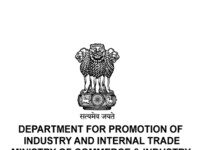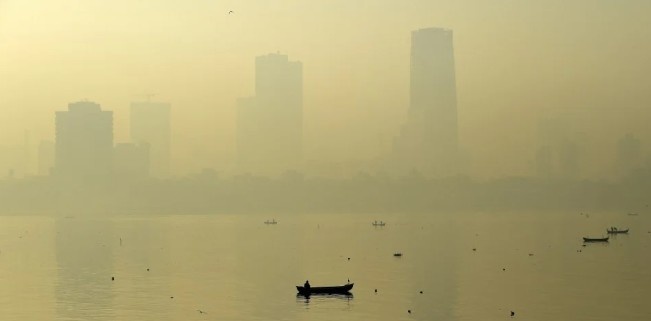MARCH 16:Delhi’s Air Quality Index (AQI) has significantly improved, reaching 85 on 15th March 2025, as per the daily AQI Bulletin provided by the Central Pollution Control Board (CPCB). Due to this positive shift and the meteorological forecast predicting favorable conditions, the Sub-Committee on the Graded Response Action Plan (GRAP) under the Commission for Air Quality Management in NCR and Adjoining Areas (CAQM) has decided to revoke Stage-I of GRAP across the entire National Capital Region (NCR) with immediate effect.
The decision comes after a comprehensive review of the air quality data for Delhi-NCR and meteorological conditions. The AQI has shown substantial improvement due to favorable winds, light rain, and other favorable weather conditions that have helped lower pollution levels. As a result, Delhi’s AQI for 15th March 2025 was recorded as 85, which falls in the ‘Satisfactory’ category, a significant improvement from previous days when the AQI was higher.
The forecast by the Indian Meteorological Department (IMD) and Indian Institute of Tropical Meteorology (IITM) also predicts that the AQI will mostly remain in the ‘Satisfactory’ to ‘Moderate’ category in the coming days, further supporting the decision to lift Stage-I of GRAP. Stage-I had been in place since 7th March 2025 to address the deteriorating air quality in the region.
The CAQM Sub-Committee, after analyzing the ongoing improvements in air quality and reviewing the forecasts, concluded that the air quality had sufficiently improved to warrant the revocation of Stage-I measures. However, the committee emphasized that all concerned agencies in the NCR must continue to take proactive measures to maintain the improved AQI levels and prevent a return to ‘Poor’ or ‘Very Poor’ categories in the future.
The agencies responsible for managing air quality in Delhi-NCR, including the state governments, the Government of National Capital Territory of Delhi (GNCTD), and pollution control bodies, are urged to adhere to all existing rules, regulations, and guidelines issued by the Ministry of Environment, Forest and Climate Change (MoEF&CC) and the CPCB. This includes ensuring that dust mitigation measures for construction and demolition activities, as well as road and open area dust management, are strictly followed. These measures will become increasingly important in the coming months to keep pollution levels under control.
The CAQM has also called for the timely implementation of a comprehensive policy to curb air pollution in the region, urging all agencies to take the necessary actions to sustain the positive trends observed in Delhi’s air quality.




















